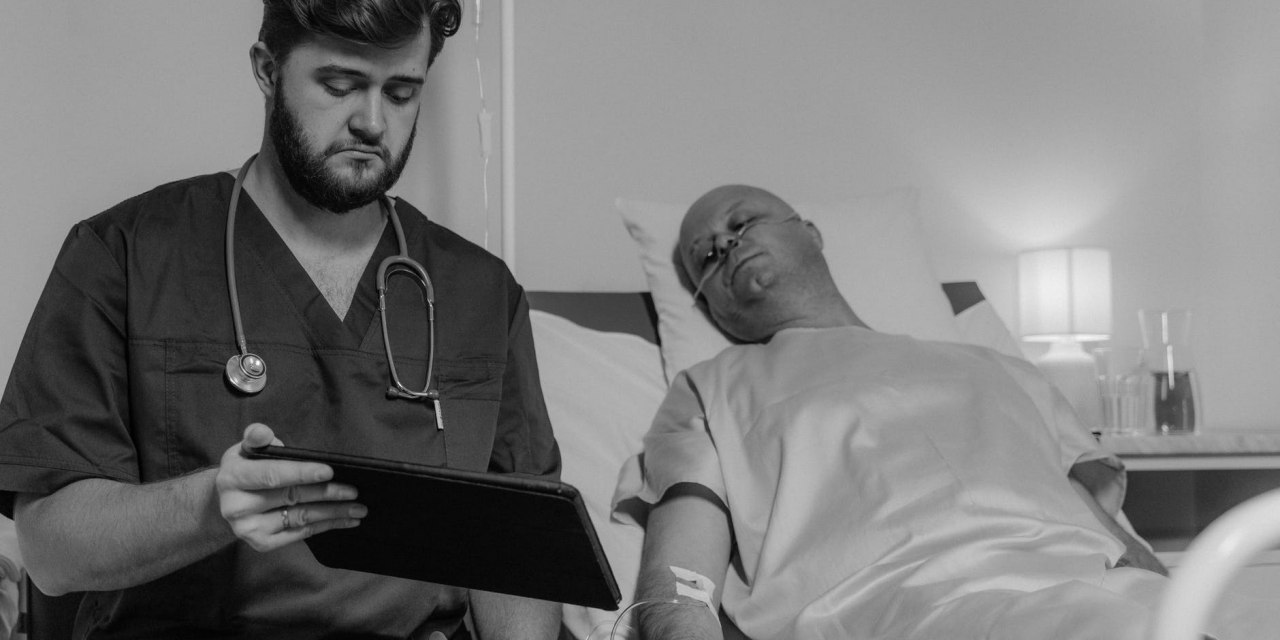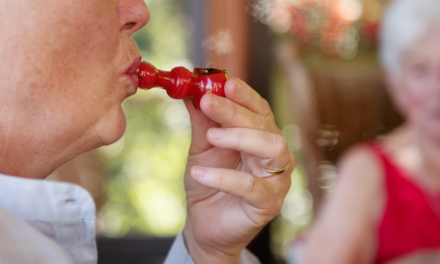Here’s something interesting from the University of Pittsburgh on the effectiveness of consultations with hospitalized patients who have Substance Use Disorders.
Addiction Medicine Consults in Hospital Reduce Deaths in Patients with Substance Use Disorder
Having done a number of bedside interventions in the remote past, I was curious to see if research confirmed that my efforts had been worth the trouble. Oh sure, I’d managed to convince quite a few hospitalized patients to transfer from a med-surg bed to the addiction service, but what about beyond that, after they left the hospital? Was there evidence that these initial interventions made a difference in outcome? Justifying the time and effort involved?
As it turns out, there is. In fact, some of those consults may qualify as life-saving.
I’ve heard that at any point in time, there are likely to be more SUD patients in other parts of the hospital than on the alcohol and drug unit. They’ll be on the medical floors, under a host of other diagnoses. Many will have been admitted more than once, often by their personal physician, under cover of diverse medical problems.
“He knows his drinking is the real problem,” one internist said of her patient, “but he won’t have anything to do with you addictions people. I’ve tried. It’s a waste of time. But when his wife is on the phone in the middle of the night, begging me to help, what am I supposed to do? So I admit him. One day,” the physician continued sadly, “it’ll end. We can all see what’s ahead for him.”
Recognizing the dilemma, some bright clinician came up with the idea of bedside consults. We’d get a call, sometimes directly from the physician, more often from the charge nurse, responding to an order. Sometimes the patient had been warned to expect me, other times obviously not.
Yes, I’ve been thrown out of more than one patient’s room. Most, however, were at least willing to talk.
“Nothin’ good on daytime TV anyway,” an elderly man admitted. I was to be the entertainment.
While more than a few agreed to transfer to Detox or Rehab, others were willing to accept a referral post-discharge. I had a sense that we did some good in most cases. But beyond the immediate gains, I rarely saw them after leaving the hospital.
At least until the next admission. “You again?” was the welcome I got from one woman. We both laughed.
Of course I wondered why it wasn’t the physician who addressed the issue, instead of me, a total stranger. Wouldn’t the doctor’s opinion carry more weight? Especially to someone who’s already under care for an acute illness, directly related to substance use.
I was startled to find that many of the attending doctors were reluctant to speak to patients about alcohol and drug use, beyond the simplest of warnings. I don’t doubt the profession has improved in that respect, but I still run into people who report that despite medical evidence, their own physicians rarely spoke of it.
Why not? The physicians I talked to had three responses. Some thought it was “not my job”. Often were focused on the very immediate acute symptoms, and that was all. Still others protested they lacked training (“I’m not a psychiatrist”). Occasionally someone would complain about being busy. “I do not have the time to go into this kind of thing,” complained one. “That why you’re here.” Meaning me.
You don’t have time to do what’s best for your patient? Then again, I suspect they thought whatever time they did spend would be wasted.
So I welcomed the findings from the study, which involved 700 hospitalized patients with diagnosed SUDs. Especially:
“…among patients with opioid and alcohol use disorders, exposure to the addiction medicine consult team led to a significantly reduced risk of death within three months of discharge from the hospital.”
Three months may not sound like much, but it does suggest a lasting impact that could well extend beyond that. It’s what I was hoping to hear. Even more now, in an era where fentanyl rules and relapse is often fatal.
Therapists are taught to ‘meet the patient where he or she is’. Sometimes, that’s a hospital bed.














Great stuff, Scott. I have always thought these consult services should be in place at every hospital (even if just for nicotine/tobacco, for goodness sake!).